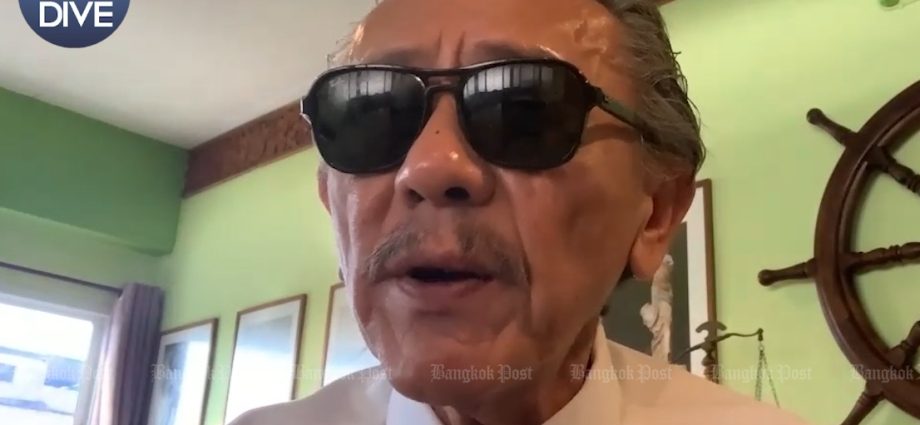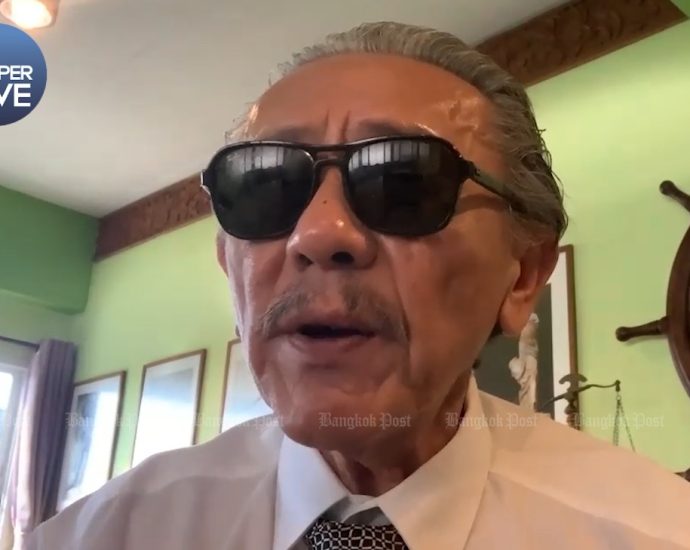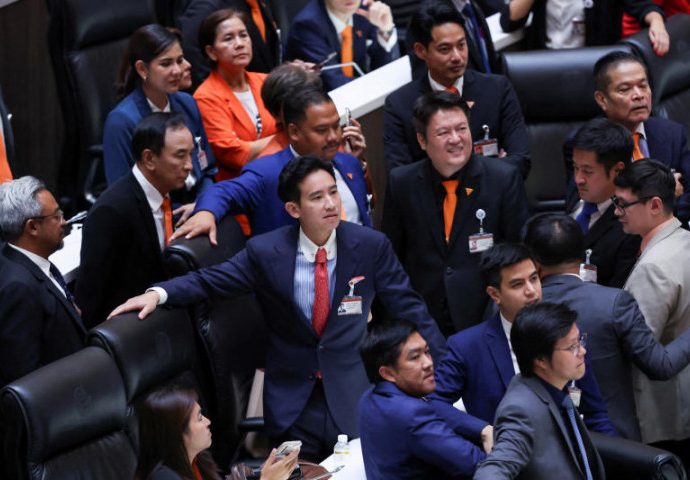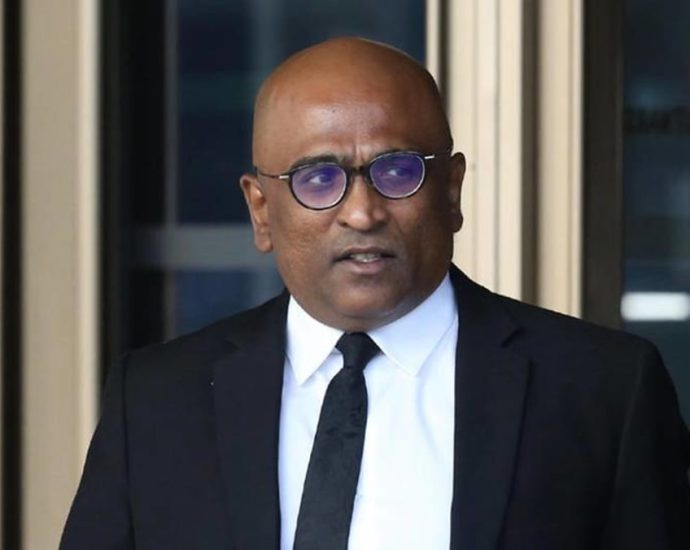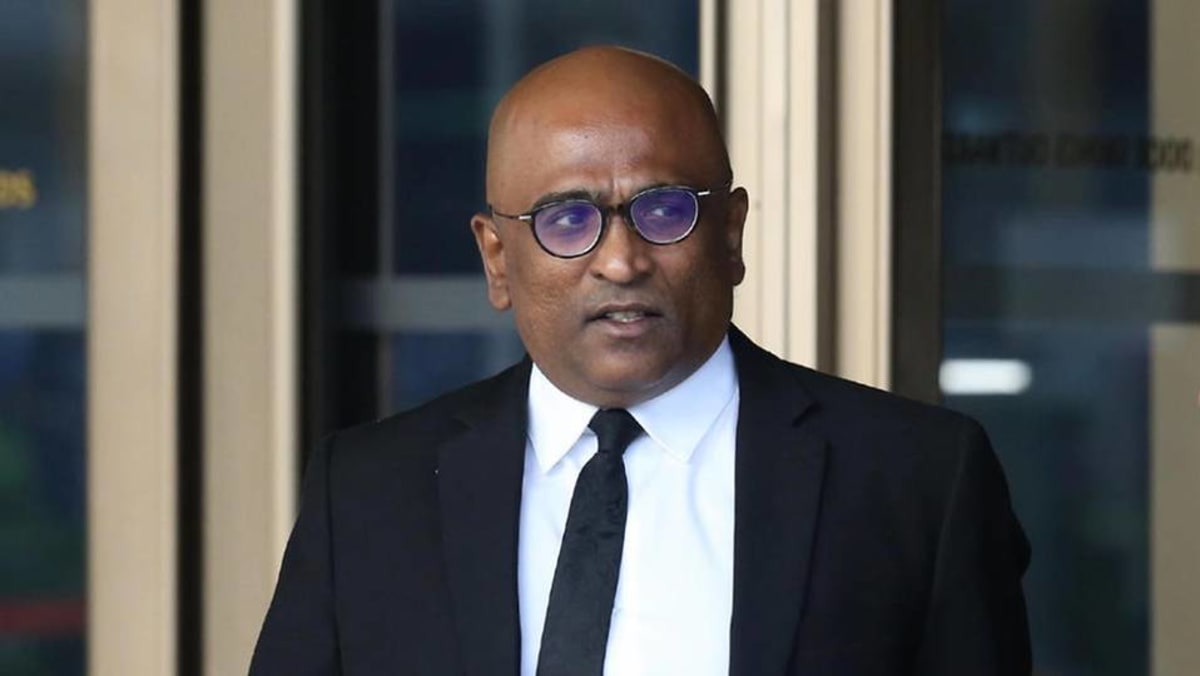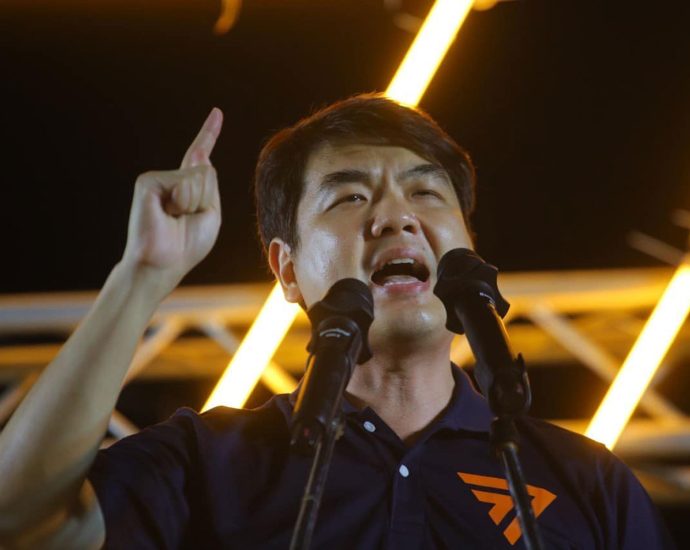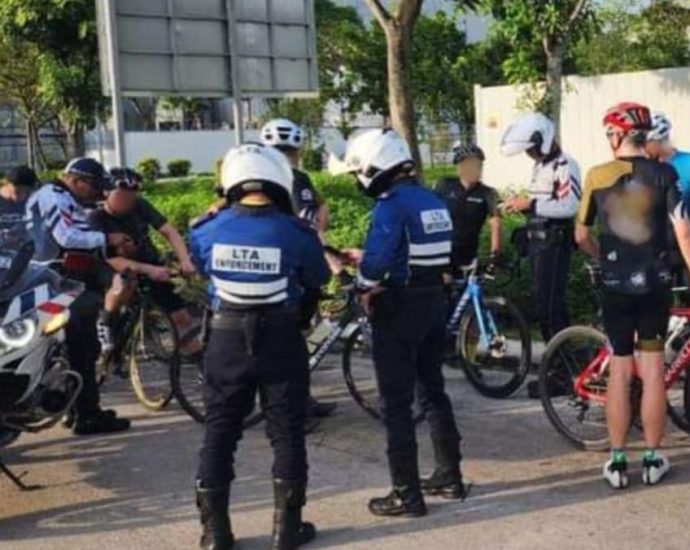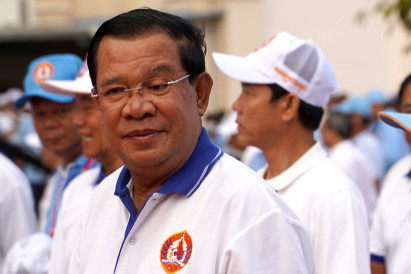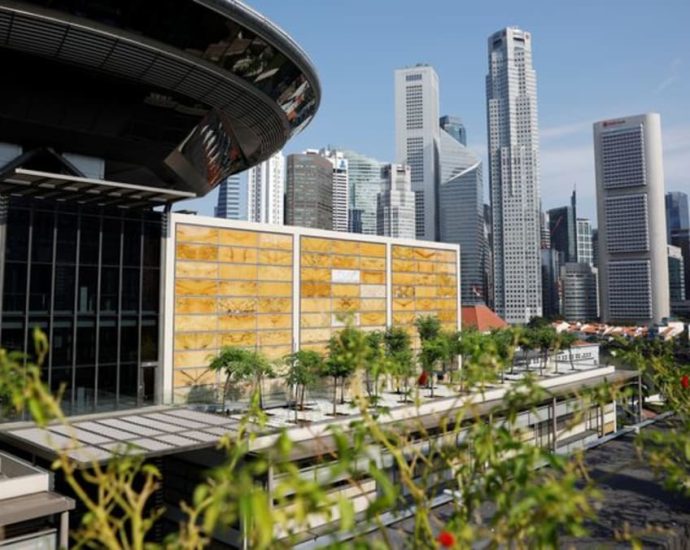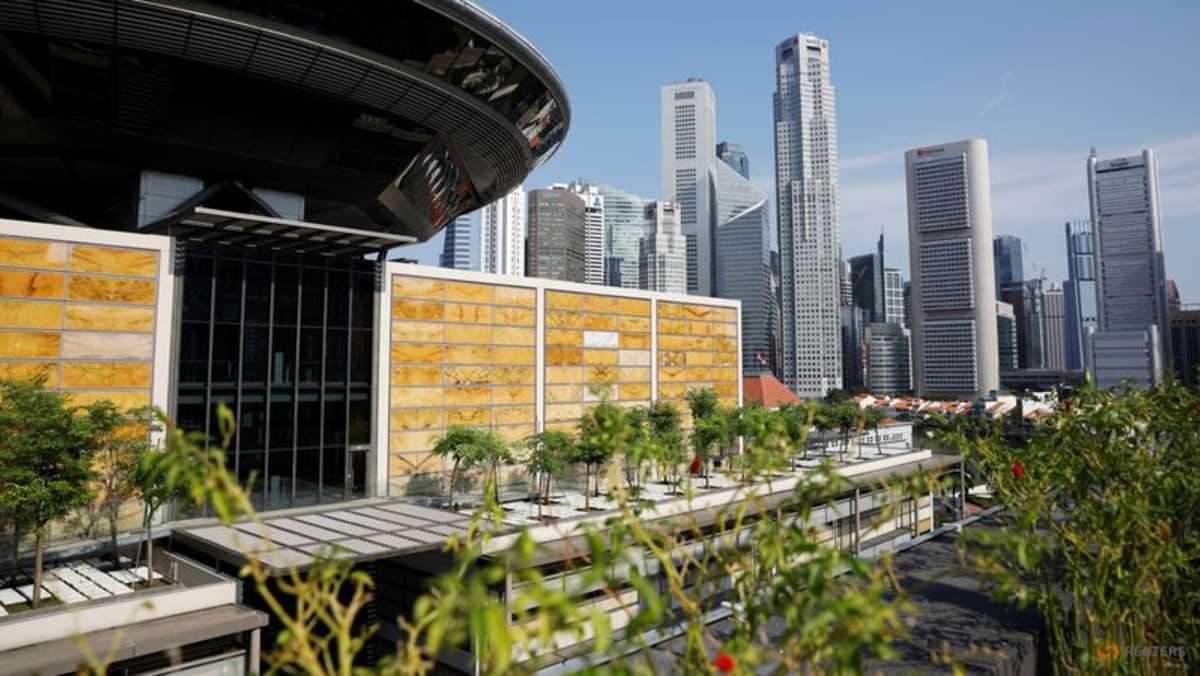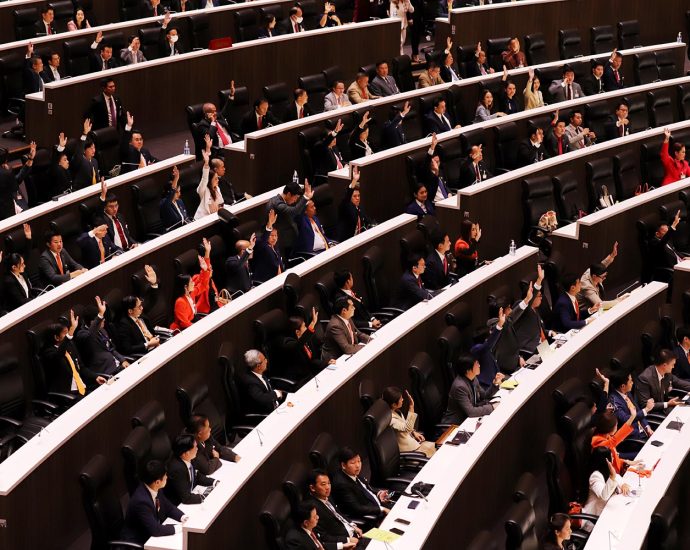Chuvit urges Move Forward to back down from royal insult law demand

If the Move Forward Party wants to be the core for the formation of a government, it should back down from its stand to amend Section 112 of the Criminal Code or the lese majeste law, former politician Chuvit Kamolvisit said.
Mr Chuvit posted his remark on Facebook after a parliamentary vote on Thursday to select the prime minister which saw Move Forward Party candidate Pita Limjaroenrat receiving only 324 votes, far below the required 376 votes from existing members of the Senate and the House of Representatives.
Mr Pita accepted the outcome, but said he would not give up.
Mr Chuvit said if there was a second round of voting and the outcome remained the same, it would then be time for Move Forward to decide whether to continue pushing for the amendment of Section 112 or to abandon it completely.
To be in government, it is not necessary for the party to concentrate on reforming the royal institution since there are still many other things to be done, he said.
Mr Chuvit believed Move Forward managed to win as many as 14 million votes in the election more because the voters agreed with its intention to reform the armed forces and do away with laws deemed draconian and dictatorial than its stand on amending Section 112.
“Move Forward can now be only part of a coalition government, not a single-party government. Not even one [other] party would agree with amending Section 112. It would be able to do so only if it could win more than half of the House seats in the next election,” he added.

